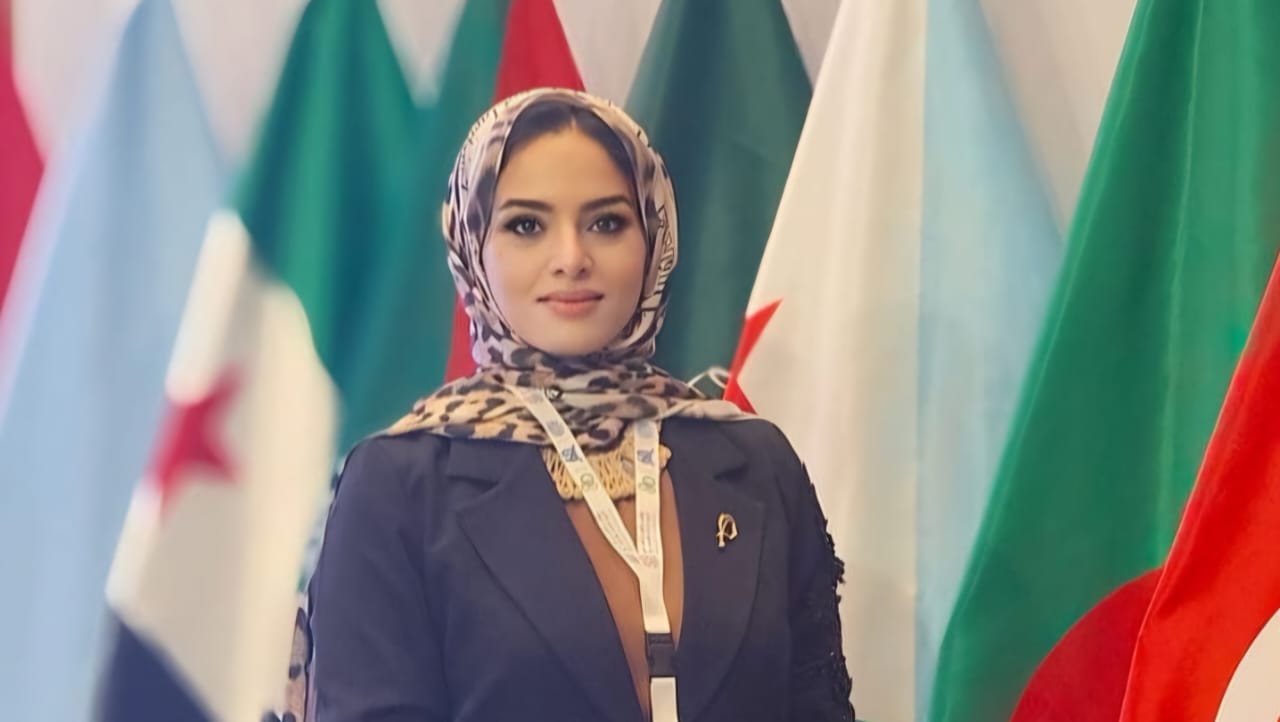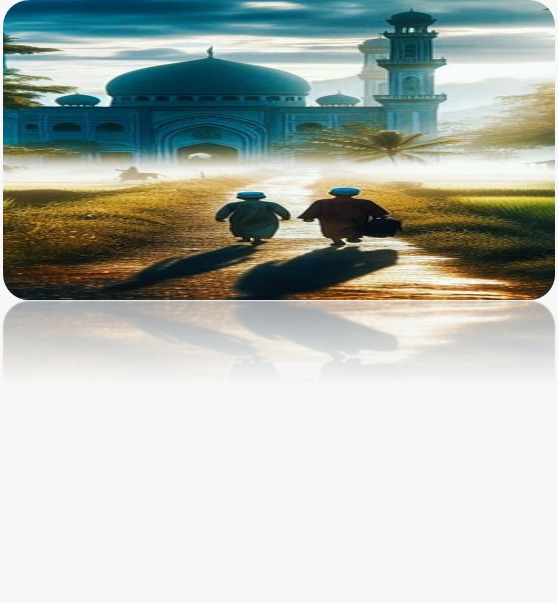ICESCO Peace Ambassador Writes: Reflections on the Essence of Diplomacy
When I was young, I couldn’t understand why people shook hands despite their differences, or why they smiled at those who held opposing views—be it in belief, opinion, or interest. I used to think honesty meant direct confrontation, and that dignity meant walking away at the first sign of conflict.
But as I grew older, I realized there’s a value greater than retaliation, and nobler than escalation—it’s called diplomacy.
Diplomacy is neither flattery nor surrender. It is the art of reaching the other without losing yourself.
Diplomacy isn’t just public relations or formal dialogue behind podiums. It isn’t flowery language or silent protocols at grand conferences. It is a subtle language that conveys respect, wisdom, and the will to build.
It’s the ability to listen when the other shouts, to smile when attacked, and to build a bridge over a wound. It is knowing how to defuse tension without compromising sincerity. It’s believing that a kind word always finds its way back, even if it seems lost for a moment—because in the world of diplomacy, a single word can ignite a crisis or extinguish a war.
Diplomacy is not made by lavish halls or round tables—it is forged in conscience, when you speak for humanity, not for appearance, and when you negotiate with a vision that sees beyond the moment.
I learned that a diplomat is not the one who always knows when to speak—but the one who knows when silence is power. Not the one who wins every argument—but the one who prevents collapse. Not the one who imposes a vision—but the one who helps others believe their vision is part of the solution.
The louder the world becomes, the more I believe we need those who carry a diplomatic message with noble values.
Diplomacy is not a suit we put on when we step outside—it is a code we live by in solitude, and with those we share life with.Diplomacy is not merely a skill—it is a responsibility.A responsibility toward humanity, peace, and truth.


